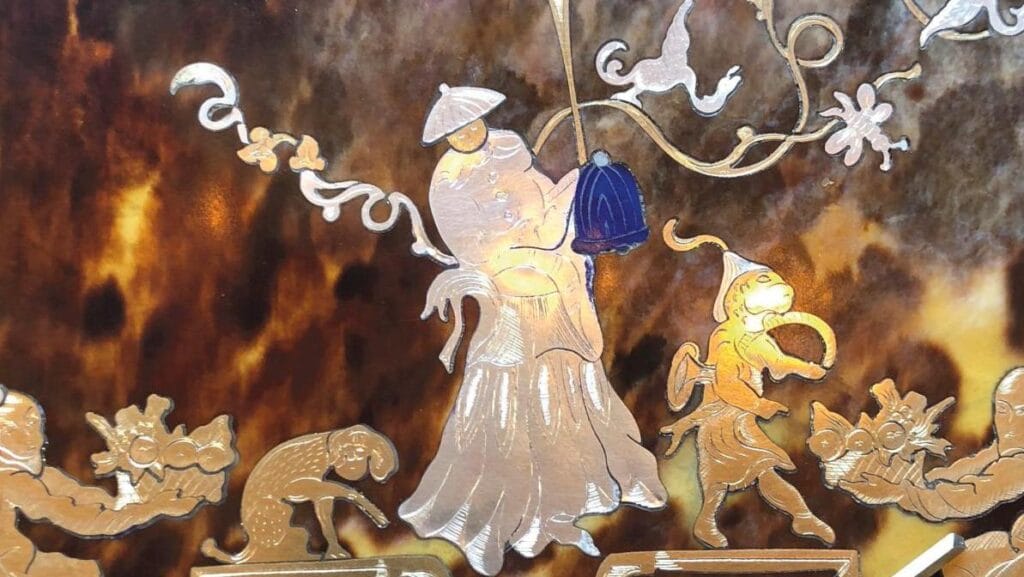Anthony Levandowski is a prominent figure in the field of autonomous vehicles. Involved in Google’s early initiatives regarding self-driving cars, he co-founded Waymo, a subsidiary dedicated to this revolutionary technology. Known for his bold ambition, Levandowski has also been at the center of several controversies. Accused of stealing trade secrets, he was embroiled in a major legal conflict between Waymo and Uber, where he had founded Otto, an entity specializing in autonomous trucks. His journey, marked by innovations and controversies, reflects the complexity and challenges of the industry.
Anthony Levandowski is recognized as one of the pioneers of autonomous vehicle technology. He played a pivotal role in the development of Google Car, which would later become Waymo, Google’s subsidiary dedicated to self-driving cars. His work has significantly contributed to shaping the future of this burgeoning sector.
However, Levandowski is also known for the controversies surrounding him. When he left Waymo to join Uber, he was accused of stealing nearly 14,000 confidential files, triggering a large-scale legal conflict. Uber eventually terminated Levandowski after Waymo filed a lawsuit for misappropriation of trade secrets.
Alongside his tech career, Anthony Levandowski founded a church advocating for a cult of artificial intelligence, claiming that it could surpass human capabilities. Despite his technological achievements, his career is marred by scandals, making his journey as fascinating as it is controversial.
Beyond the controversies, Anthony Levandowski remains an influential figure in the autonomous transport technology industry, symbolizing both innovation and the ethical challenges of this rapidly evolving sector.

Table des matières
Togglebeginning of career and early innovations
Anthony Levandowski begins his career in the technology field by focusing on the innovation of automated systems. Fascinated by automation since his studies at the University of California, Berkeley, he develops in 2004 an autonomous motorcycle system called “Ghostrider”. This creation introduces him to the world of computer vision and propels him into the technology sector. Building on his achievements, he joins Google where he incubates several projects, particularly around self-driving cars, actively participating in the founding of what is now known as Waymo, which is a Google subsidiary dedicated to autonomous mobility.
By significantly contributing to the advancement of autonomous technologies, Levandowski positions Google as a pioneer in this sector. His contributions are essential to the emergence of the first prototypes of self-driving cars, a project that combines artificial intelligence and technological innovations. He heads several research and development teams working to realize the idea of a driverless vehicle, a forward-thinking vision that attracts both media attention and criticism from industry experts.
controversies and legal challenges
Levandowski’s rise is abruptly halted by a series of legal controversies. Accused by Google of stealing trade secrets, he is sued for illegally downloading 14,000 confidential documents before joining the competitor Uber. This high-stakes conflict between Waymo and Uber leads to extensive legal battles, marred by media coverage of the case that tarnishes his reputation. Subsequently, Uber fires Levandowski, exacerbating a legal showdown that polarizes public opinion.
Levandowski’s legal troubles take an unexpected turn in January 2021 when Donald Trump, then President of the United States, grants him a pardon. This controversial decision is met with mixed reactions, highlighting ongoing debates about legislation surrounding the technology sector and business ethics. This tumultuous chapter of his life, blending innovations and litigation, underscores the complexity of intellectual property in the realm of new technologies and raises crucial questions about the responsibilities of innovators like Levandowski.
spiritual explorations and creation of the ai church
Following the legal and media repercussions of his career, Anthony Levandowski embarks on an improbable project that reflects his ongoing fascination with technology. He founds a church dedicated to artificial intelligence. Convinced that AI will one day surpass human intelligence, he proposes to dedicate a cult to it, believing that its future developments could profoundly transform human society. The creation of this church evokes mixed reactions, ranging from interest to perplexity.





